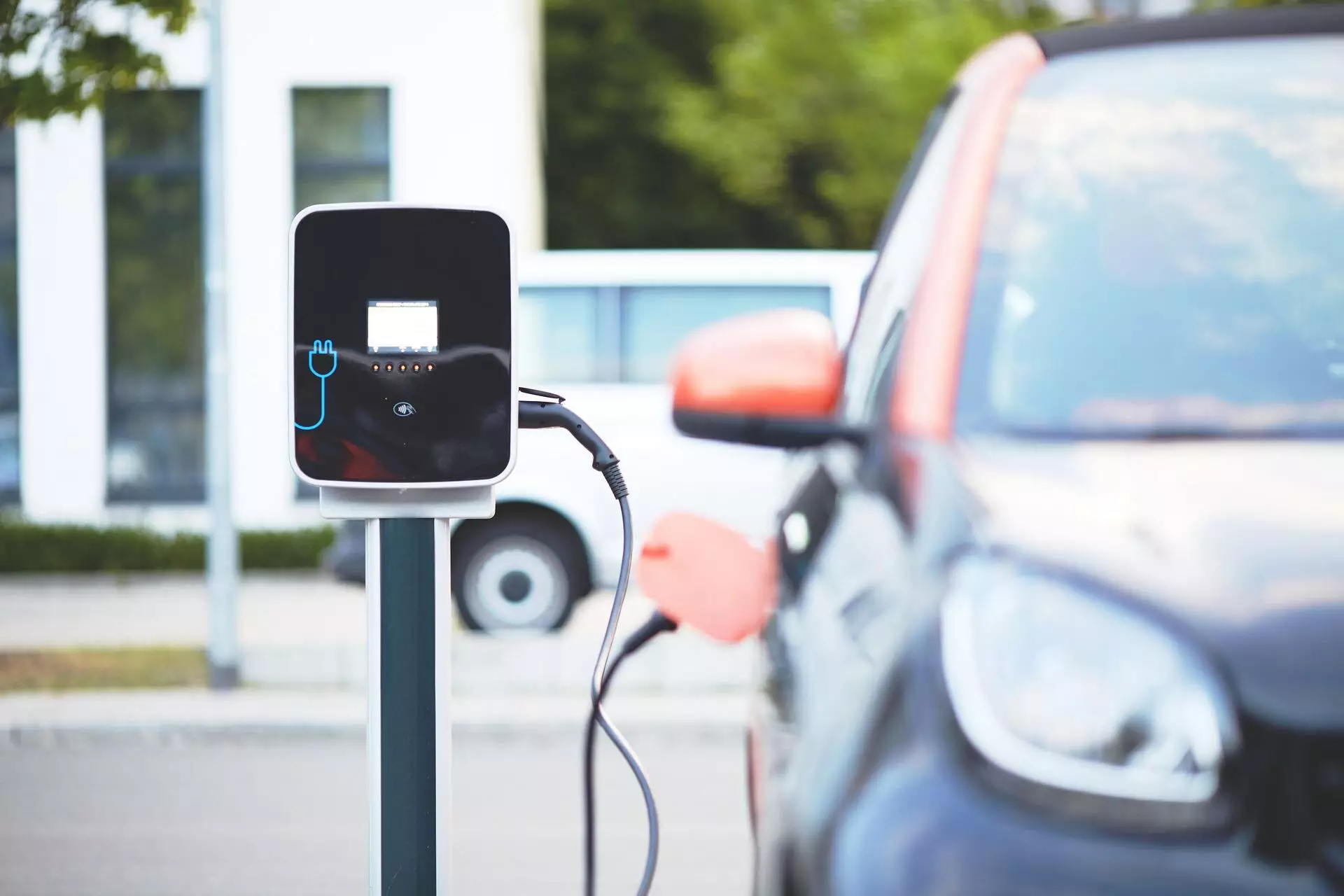Florida’s geographical location renders it especially vulnerable to tropical storms and hurricanes. As climate change exacerbates these issues, the reliance on electric vehicles (EVs)—a vital component of the state’s commitment to sustainability—raises significant concerns about the resilience of the charging infrastructure. Recent research from the University of Florida highlights the pressing need for a resilient EV charging network, particularly in light of extreme weather events. This article will analyze the implications of this research and explore innovative strategies to ensure that EV charging stations can withstand the challenges posed by climate-related disruptions.
During natural disasters, the challenges faced by electric vehicle charging services become more pronounced. High winds, flooding, and infrastructure damage can disrupt both the physical access to these services and their operational efficacy. The study led by researchers at the University of Florida thoroughly examined this issue, establishing that the interconnected nature of supply and demand becomes particularly critical during emergencies. Notably, rural areas, although geographically distanced from disaster zones, often remain affected due to the unavailability of nearby charging stations. This issue underscores the need for strategic planning that accommodates both urban and rural charging needs.
The research team, spearheaded by Dr. Yan Wang, employed innovative models to analyze the aftermath of Hurricane Ian on the Tampa Bay area. Their findings revealed that well-connected charging stations tend to recover more quickly in extreme weather conditions. This indicates that the design of the charging network—considering factors like user access diversity and geographic dispersion—is paramount for enhancing the system’s resilience. Furthermore, the study highlighted significant disparities in access to charging stations, particularly among marginalized communities such as low-income families and the elderly. The implications of these findings extend far beyond a mere logistical concern; they reflect deeper social inequities that must be addressed to create an inclusive transition to electric mobility.
An essential aspect of the research involves understanding how user behavior interacts with infrastructure during emergencies. The study advocates for a dual focus on both the physical robustness of charging stations and the behavioral patterns of EV users. For instance, people may opt for alternative charging options or adjust their travel plans based on perceived risks during a hurricane. Anticipating these behavioral shifts can lead to more effective infrastructure planning. The researchers developed a counterfactual analytical framework that enables simulations of worst-case scenarios, contributing valuable data for future-proofing charging services against hurricanes and other environmental shocks.
A critical takeaway from this research is the urgent need for equitable planning frameworks. The uneven distribution of charging infrastructure hinders widespread EV adoption and exacerbates societal inequities. It is essential that policymakers and planners consider not just urban centers but also the peripheral rural areas that may be indirectly affected by infrastructure failures. By employing a data-driven, anticipatory planning approach, communities can ensure that all residents, particularly those most vulnerable, have access to essential charging services during emergencies.
Florida’s coastal communities are not alone in facing these challenges; the insights drawn from the UF study serve as a blueprint for other regions susceptible to extreme weather. The adaptable methodology used in this research can be replicated in various contexts, allowing cities across the United States to anticipate and prepare for the effects of climate change on EV infrastructure. This adaptability is essential for navigating the complexities of urban planning in a rapidly changing world.
The transition to electric mobility in Florida represents an opportunity for sustainable growth, but it must be accompanied by resilient infrastructure that can withstand the impacts of extreme weather. The University of Florida’s research highlights the crucial intersection of resilience, accessibility, and equitable planning. As we contemplate the future, it becomes increasingly clear that developing robust charging networks is not merely about technology; it’s about ensuring that every community is empowered to participate in the sustainable change, regardless of socioeconomic status or geographical location. Embracing this comprehensive approach will be key to navigating both the environmental and social challenges that lie ahead.


Leave a Reply